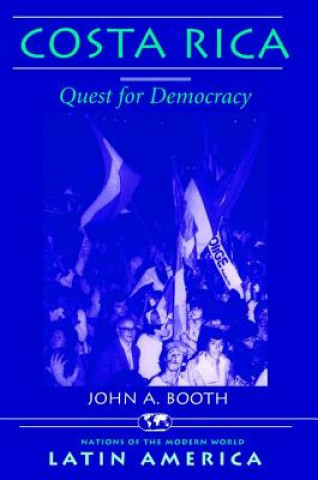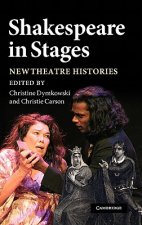
Doručení
Nákupní rádce





Nehodí se? Vůbec nevadí! U nás můžete do 30 dní vrátit
 Dárkový poukaz
V libovolné hodnotě
Dárkový poukaz
V libovolné hodnotě
S dárkovým poukazem nešlápnete vedle. Obdarovaný si za dárkový poukaz může vybrat cokoliv z naší nabídky.
Costa Rica
 Angličtina
Angličtina
 190 b
190 b
30 dní na vrácení zboží
Mohlo by vás také zajímat


How did Costa Rica become Central America's first successful democracy? How does Costa Rican democracy work? How does democracy survive despite regional turmoil, foreign intervention, and economic crisis? Beginning with Costa Rica's history within the Central American context, John Booth traces democratic development in Costa Rica through its institutions, rules of the political game, parties, elections, and interest groups. After a review of socioeconomic and political forces, the author examines political participation and culture, political economy, and foreign affairs.Several democratization theories suggest that Costa Rica should not be democratic at all. Costa Rica's own myth portrays a nation democratic virtually since independence. Both are wrong. Booth reviews classical theories about democracy as a framework for understanding the Costa Rican case. A history of democratization debunks much of the foundation myth, revealing how developing class forces created the modern regime after the 1948 Civil War. Analyses of social structure, political participation, political culture, foreign affairs, and the recent transformation of the Costa Rican political-economic model reveal how regional unrest, foreign intervention, and economic crisis had transformed the state and its development model by the 1990s. Booth concludes by evaluating the prospects for Costa Rican democracy and its lessons for the rest of Latin America.The book's overview of Costa Rican politics is accessible and useful for students, scholars, and general readers.
Informace o knize
 Angličtina
Angličtina




 Jak nakupovat
Jak nakupovat




























